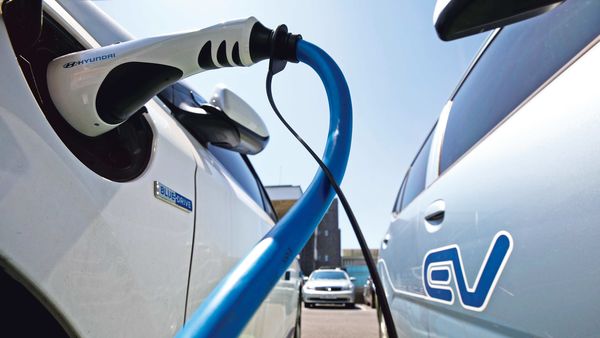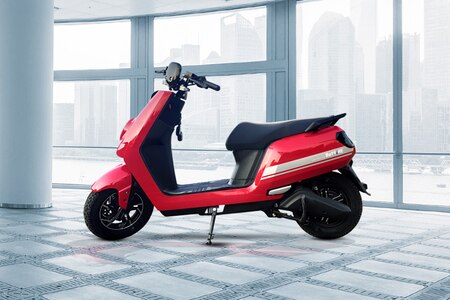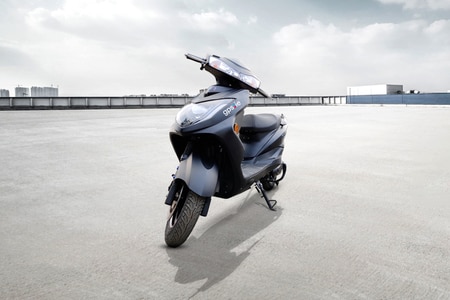European Union may be free from dependence on China for EV batteries by 2025
- China hosts roughly 80% of the world's lithium-ion cell production, but Europe's capacity is set to expand fast.


The European Union could produce enough batteries by 2025 to power its fast-growing fleet of electric vehicles without relying on imported cells, European Commission Vice President Maros Sefcovic said on Tuesday.
As part of its plan to become climate neutral by 2050, the EU wants to boost local production of the building blocks for green industries - including hydrogen fuel to make low-carbon steel and batteries to power clean vehicles.
Also check these Vehicles
"I am confident that by 2025, the EU will be able to produce enough battery cells to meet the needs of the European automotive industry, and even to build our export capacity," Sefcovic told the online European Conference on Batteries.
Today, China hosts roughly 80% of the world's lithium-ion cell production, but Europe's capacity is set to expand fast.
_1606228293467.JPG)
_1606228293467.JPG)
Europe has 15 large-scale battery cell factories under construction, including Swedish company Northvolt's plants in Sweden and Germany, Chinese battery maker CATL's German facility, and South Korean firm SK Innovation's second plant in Hungary.
Sefcovic said by 2025 planned European facilities would produce enough cells to power at least 6 million electric vehicles.
While the coronavirus pandemic has seen overall car sales plummet, combined sales of battery and plug-in hybrid cars in Europe are expected to roughly double this year, to one million units, according to the NGO Transport & Environment.
With the Commission expecting 13 million low-emission vehicles on Europe's roads by 2025, further investments will be needed.
"We need to make significant investments in creating a full European supply chain and labour market to support the battery factories," Northvolt's Vice President of Communications Jesper Wigardtsaid.
Sefcovic said the EU's 750 billion euro ($890 billion) coronavirus recovery fund was a "ready-made tool" to support projects.
Brussels will next month propose standards for the carbon footprint of batteries, while a private-public EU alliance aims to boost domestic supplies of the raw materials needed to make cells. That follows a similar EU scheme for battery projects launched in 2017.








 3.1 kWh
3.1 kWh 60 km
60 km














